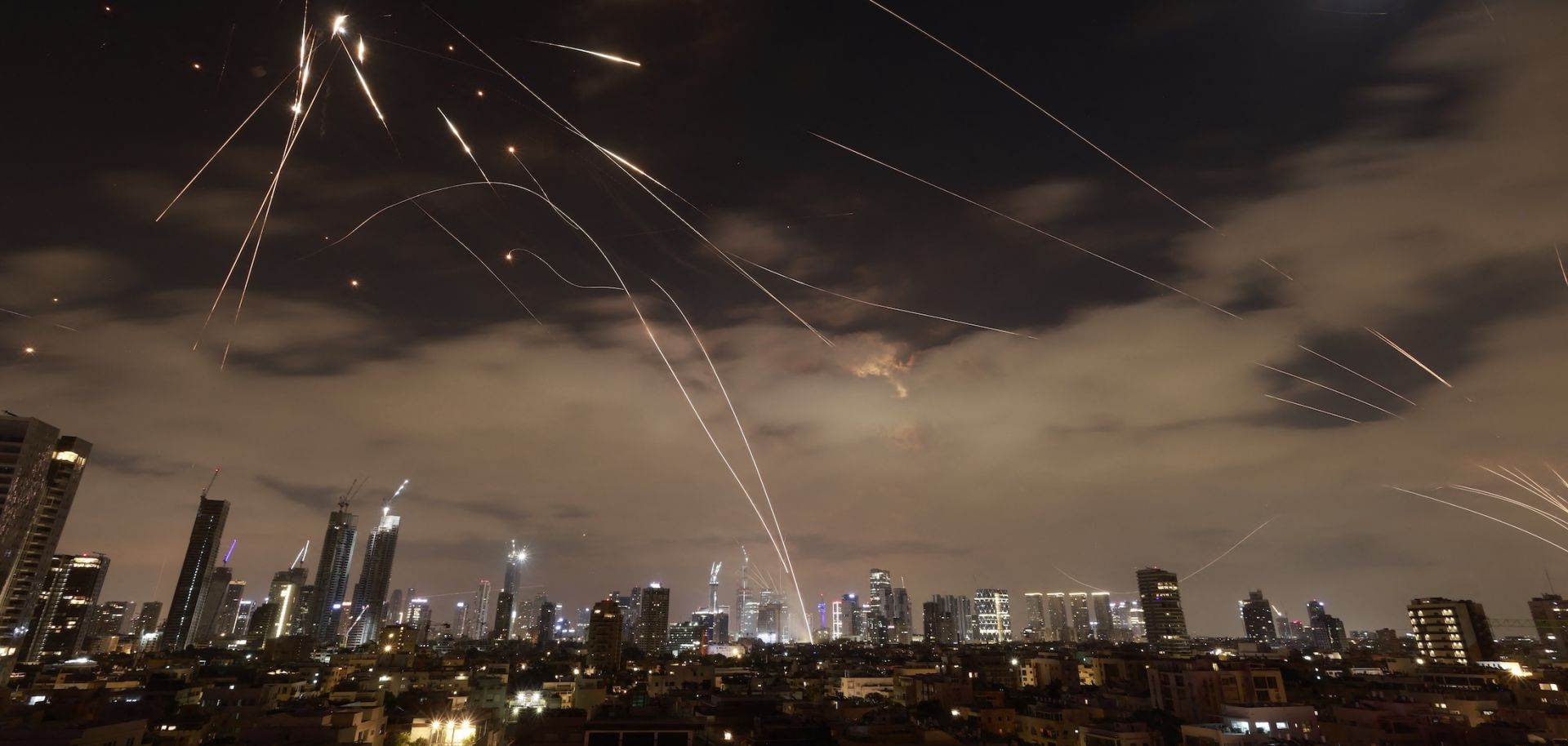Iran Praises Pakistan for Standing Firm Amid Conflict with Israel
On a recent Sunday, Pakistan’s Army Chief Field Marshal Asim Munir received a significant telephone call from Iran’s top-ranking military official. This exchange happened in the wake of a 12-day conflict with Israel, during which Iran took notice of Pakistan’s unwavering support.
The recipient of the call on Iran’s end was none other than Major General Abdolrahim Mousavi, the Chief of Staff of the Iranian Armed Forces. He reached out to express gratitude towards Pakistan for its solidarity during the conflict period. He went on to express admiration for what he referred to as Islamabad’s ‘brave position’ during the tense period.
Major General Mousavi didn’t restrict his gratitude to the government alone. He made it a point to extend his thanks to the Pakistani civilians, highlighting their assertive condemnation of what he termed as the ‘unalloyed onslaughts’ initiated by the Zionist regime on Iran.
The Iranian Major General gave specific credit to Islamabad for its steadfast support while Israel undertook strikes against high-ranking military officers, domestic citizens encompassing women and children, and even nuclear scientists of Iran. This spate of targeted attacks had been ongoing since June 13.
Mousavi shared his take on the role of the U.S. in backing the Zionist regime during the conflict period. He firmly asserted that the Presidency of Donald Trump left no stone unturned in aiding and abetting Israel, even going so far as to attack Iran’s non-military nuclear facilities in Isfahan, Natanz, and Fordow. These installations function under the surveillance of International Atomic Energy Agency.
The Major General didn’t hesitate to point out that the U.S. wasn’t alone in backing Israel. He noted, ‘Along with America, numerous Western nations voiced their approval and rendered practical help to the adversary.’
Iran admitted to incurring significant losses in manpower including the loss of high-ranking officers in the early part of the conflict. Yet, they maintained that they were successful in disallowing their opposition from accomplishing their goals which ultimately led to a ceasefire request.
Citations by military pundits referenced by Iranian officials suggested that Israel decided to cease its assault on June 23. It did so under substantial external stress, manifesting the resilience of the Iranian defence.
In response, Field Marshal Munir reassured his Iranian colleague, stressing that Pakistan places considerable importance on its longstanding relationship with Iran. The Pakistani Army Chief emphasised the crucial role of maintaining stability within the region.
The telephone exchange between the two military heads also included discussions revolving around regional security and defence matters. With mutual interests at stake, these talks played a pivotal role in reinforcing shared goals and strategies.
Major General Mousavi presented his perspective on the role of Western nations, including the U.S., in this conflict. He accused them of lending complete support to Israel and concurrently engaging in an anti-Iran propaganda campaign.
When Israel began its aggressive campaign against Iran in June, Pakistan’s response was swift. The country was sharp to censure Israel’s actions and reaffirm their backing for Iran, delineating the breadth and depth of their diplomatic ties.
In the aftermath of Israel’s unprovoked onslaughts, Pakistan’s Minister of Defense and Foreign Minister sought to raise international awareness about Israel’s nuclear prowess. They alerted the international community about the potential danger of Israel’s nuclear stockpile remaining outside of established world regulatory structures, such as the Non-Proliferation Treaty (NPT).

